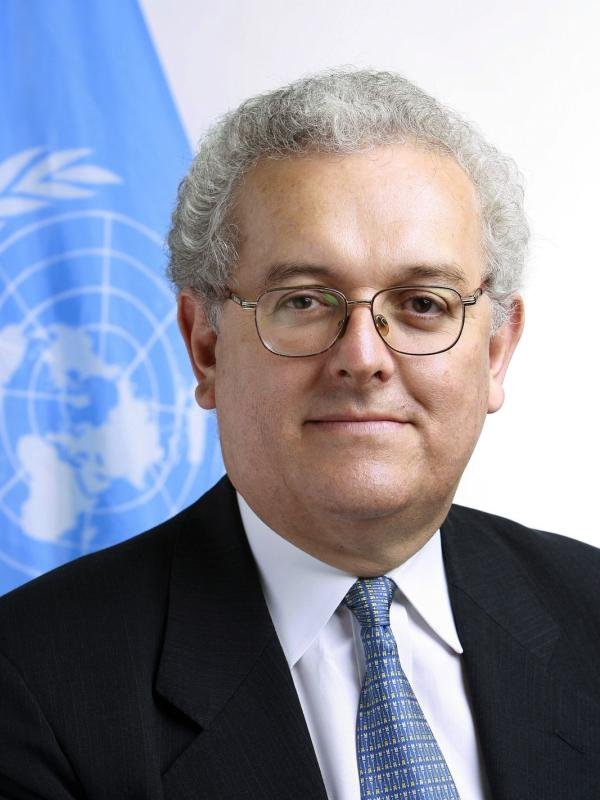The authors argue that no fundamental–or global–reforms can be enacted if they do not arise from a process that is inclusive of both industrial and developing countries, and in which both large and small countries have a meaningful voice. In short, representative global institutions–not ad hoc groupings–must be at the center of reform efforts. Why? Any global solutions, whether short-term measures to stabilize the current situation or long-term measures that attempt to prevent future financial meltdowns, must be designed to protect not only the G7 or G20 economies but also emerging markets and, especially, the poor populations of developing nations. Otherwise, global economic stability cannot be restored, and both economic growth and poverty reduction efforts will be derailed.

Remarks by Martín Guzmán at 12th Edition of the Paris Forum: Key findings and conclusions of the Jubilee Report
Dear members of the Paris Club Secretariat, Thank you for the invitation to present some of the key findings and conclusions of the Jubilee Report, commissioned by Pope Francis and prepared by a Commission of
 José Antonio Ocampo
José Antonio Ocampo Stephany Griffith-Jones
Stephany Griffith-Jones Sara Burke
Sara Burke Joseph Stiglitz
Joseph Stiglitz